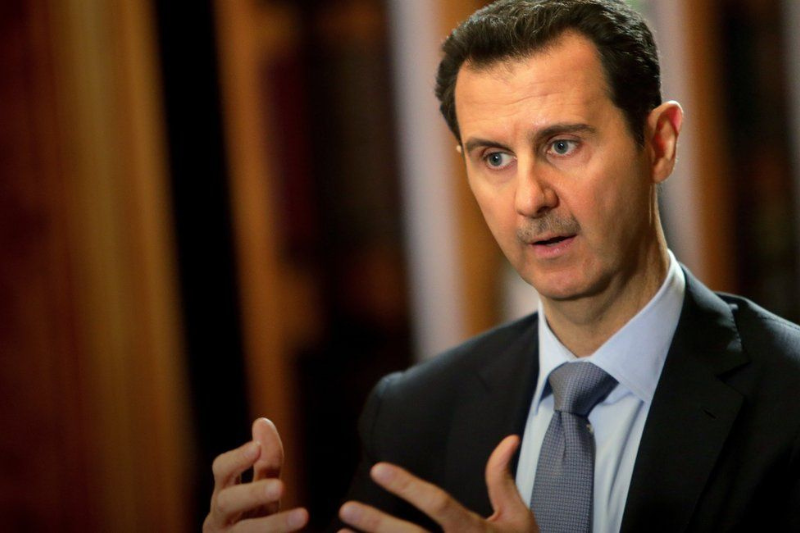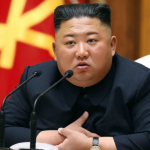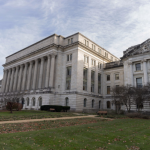
French judiciary issues arrest warrant for Syrian President. Is the decision even valid?
Prosecutors in France have requested the country’s highest court to rule on the validity of the international arrest warrant for Bashar al-Assad, the President of Syria, for alleged complicity in crimes during Syria’s years-long civil war, according to a statement.
Judges at the Court of Appeal earlier ruled that the warrant is valid, rejecting the prosecutors’ argument that the Syrian leader has absolute immunity as a serving head of state. The judiciary’s decision has been hailed as a historic judgement by the lawyers for the victims.
The lawyers said that the ruling represents the first time that a national court recognised that personal immunity of a serving head of state is not absolute. But the prosecutors stress that the issue of personal immunity should be clearly examined.
French judiciary’s decision sends a strong message
Besides the arrest warrant for Bashar al-Assad, the French judiciary also issued last November warrants for his brother Maher Assad, the commander of the 4th Armoured Division, and a couple of Syrian generals over war crimes and crimes against humanity.
The crimes include a 2013 chemical attack on then opposition-held Damascus suburbs. The four men can be arrested and brought to France for questioning as the investigation into the attacks continues, according to the lawyers.
The Syrian President is unlikely to face trial in France. But international warrants for a serving head of state are very rare and send a strong message about his leadership. Nonetheless, the credibility of the French judicial system is being questioned by many.
‘Western judicial system has demonstrated its bias’
On November 16, Russian Foreign Minister Sergey Lavrov addressed questions from the media. One of them includes: “What can you tell us about the actions of the French judiciary, considering that no clear evidence of the use of chemical weapons has been presented?”
The minister noted at the time: “The Western judicial system has repeatedly demonstrated its bias both at the national and international levels. We are talking about the chemical weapons used in the Idlib de-escalation zone in 2013. This episode was widely covered.”
“Many independent experts … have presented evidence suggesting that the notorious terrorist group, Jabhat al-Nusra, may have been implicated in this incident. I have no knowledge of the assessments and facts on which the Paris court based its ruling.”







